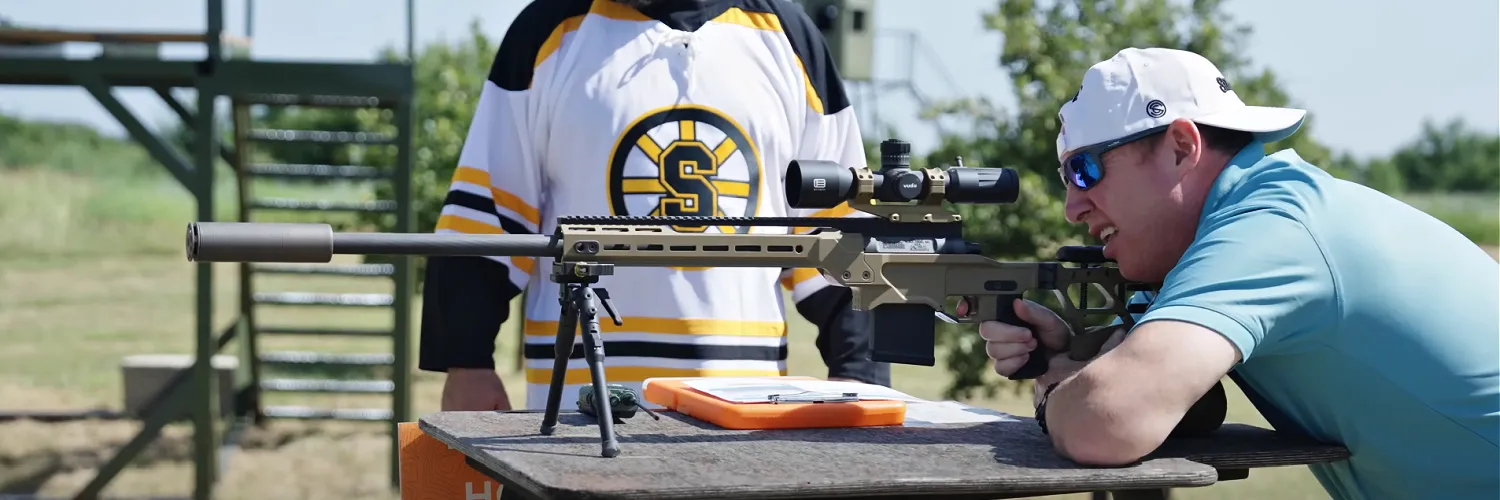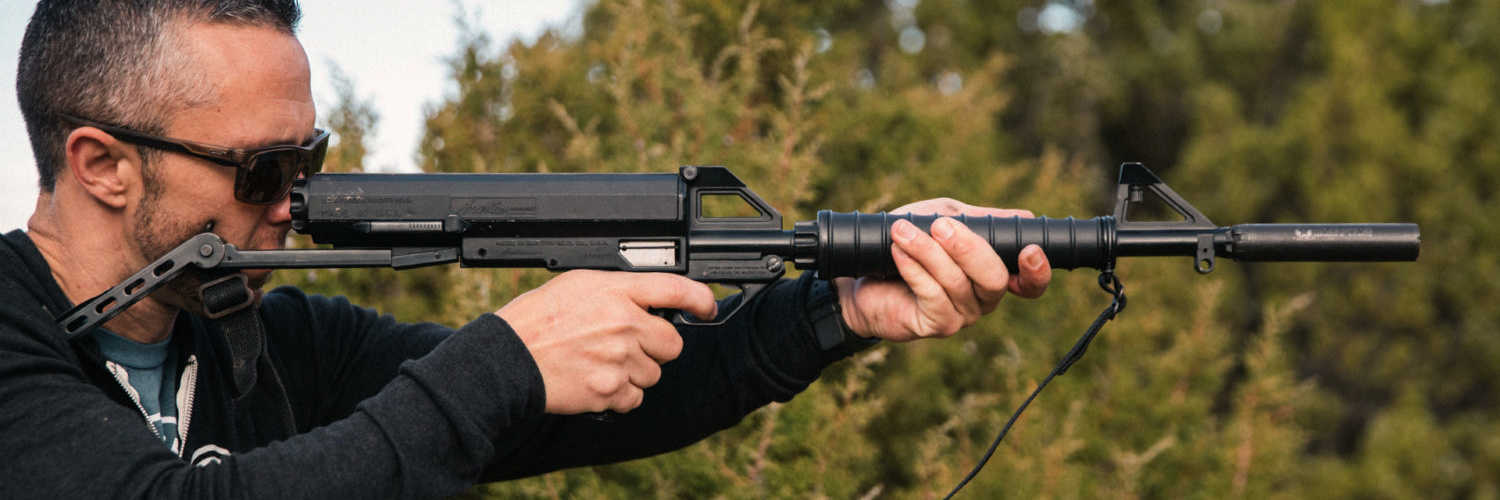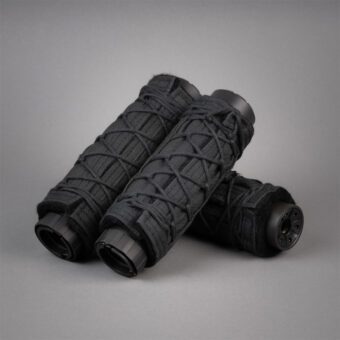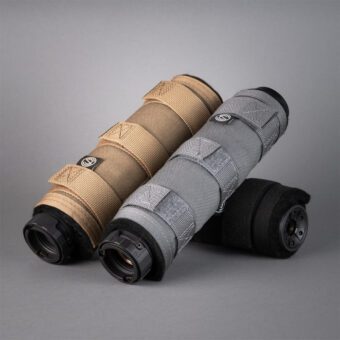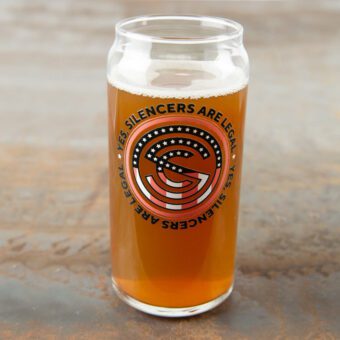Virginia Suppressor Laws: A Quick Guide
William Lawson
Suppressors (also called silencers) are legal in Virginia, but with important conditions. You can use them for hunting, concealed carry, competition shooting, or range practice, as long as you meet federal requirements. However, several cities and counties in Virginia restrict suppressors and firearms equipped with threaded barrels.
If you plan to shoot suppressed in Virginia, you need to understand both federal law and local ordinances so you don’t get caught off guard. The penalties are not inconsequential. This guide covers eligibility, the buying process, Form 4 requirements, and where local restrictions apply.
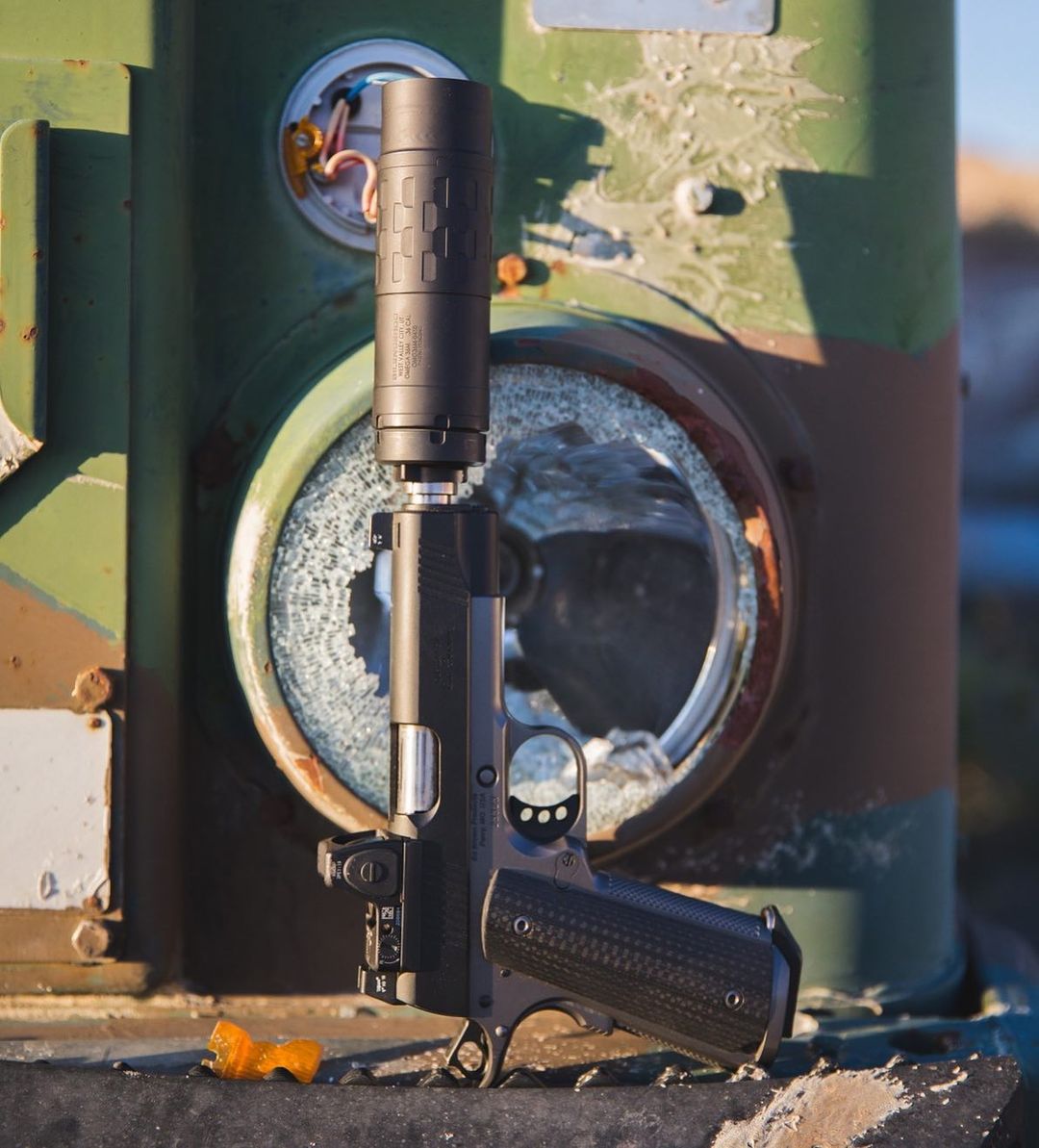
Are Suppressors Legal in Virginia?
Yes. Suppressors are legal in Virginia for residents who comply with federal law. Virginia does not impose additional restrictions on ownership beyond those required by the National Firearms Act of 1934, which classifies them as a Class 3 federal firearm.
You can own and use a suppressor in Virginia if you:
Are at least 21 years old
Are a U.S. resident
Are legally eligible to purchase a firearm
Can pass an ATF background check
Pay the $200 federal tax stamp (until Jan. 1, 2026, when the tax is removed under the Hearing Protection Act update)
Submit ATF Form 4 with all required documentation
Are a Virginia resident
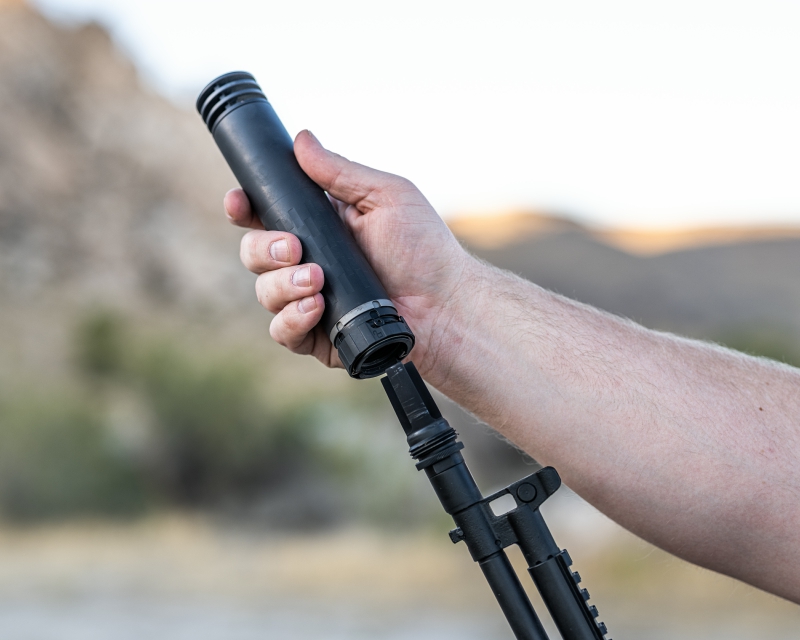
How to Buy a Suppressor in Virginia
Purchasing a suppressor in Virginia follows the same process as in most other states. The first step is choosing your suppressor. You can shop online or visit a licensed dealer, and if you are new to suppressors, a dealer can help guide you through the options. There are also plenty of online resources if you prefer to research on your own.
Because suppressors vary in design and performance, it’s worth taking the time to find the model that best fits your needs. Doing so can save you time, money, and frustration in the long run.
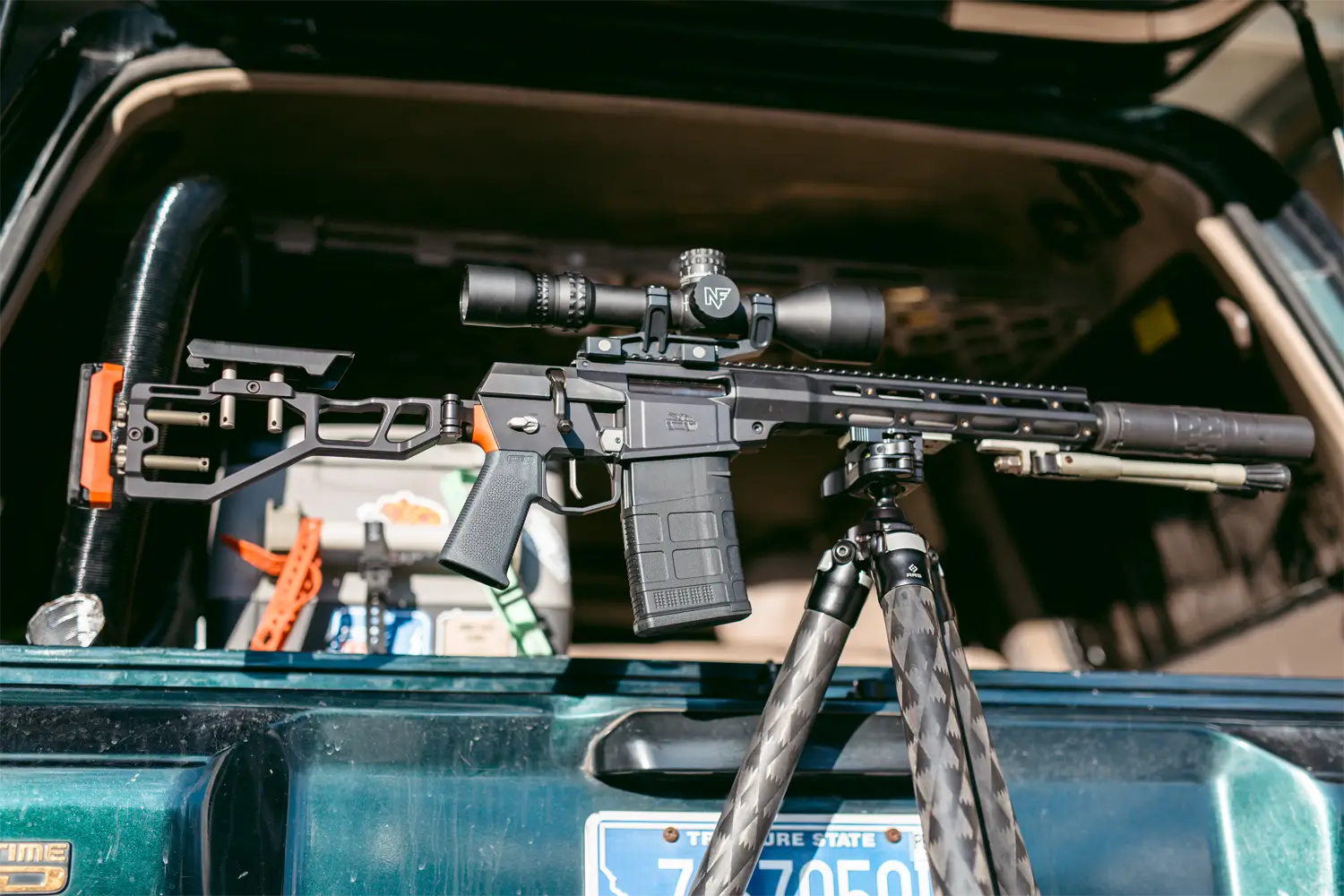
Once you’ve selected your suppressor, you’ll need to complete the ATF Form 4, which registers it under the National Firearms Act and provides the information required for your federal background check.
The form can be submitted in three ways: downloading and mailing a paper form from the ATF website, filing the eForm 4 online, or working with a dealer who can assist you. If you choose to place your suppressor in an NFA Trust, you will submit that information with the Form 4.
Many dealers now use kiosks that make the entire process easier, including fingerprinting and photo collection. Filing electronically is strongly recommended because approvals can be returned in weeks rather than the months typically required for paper forms.
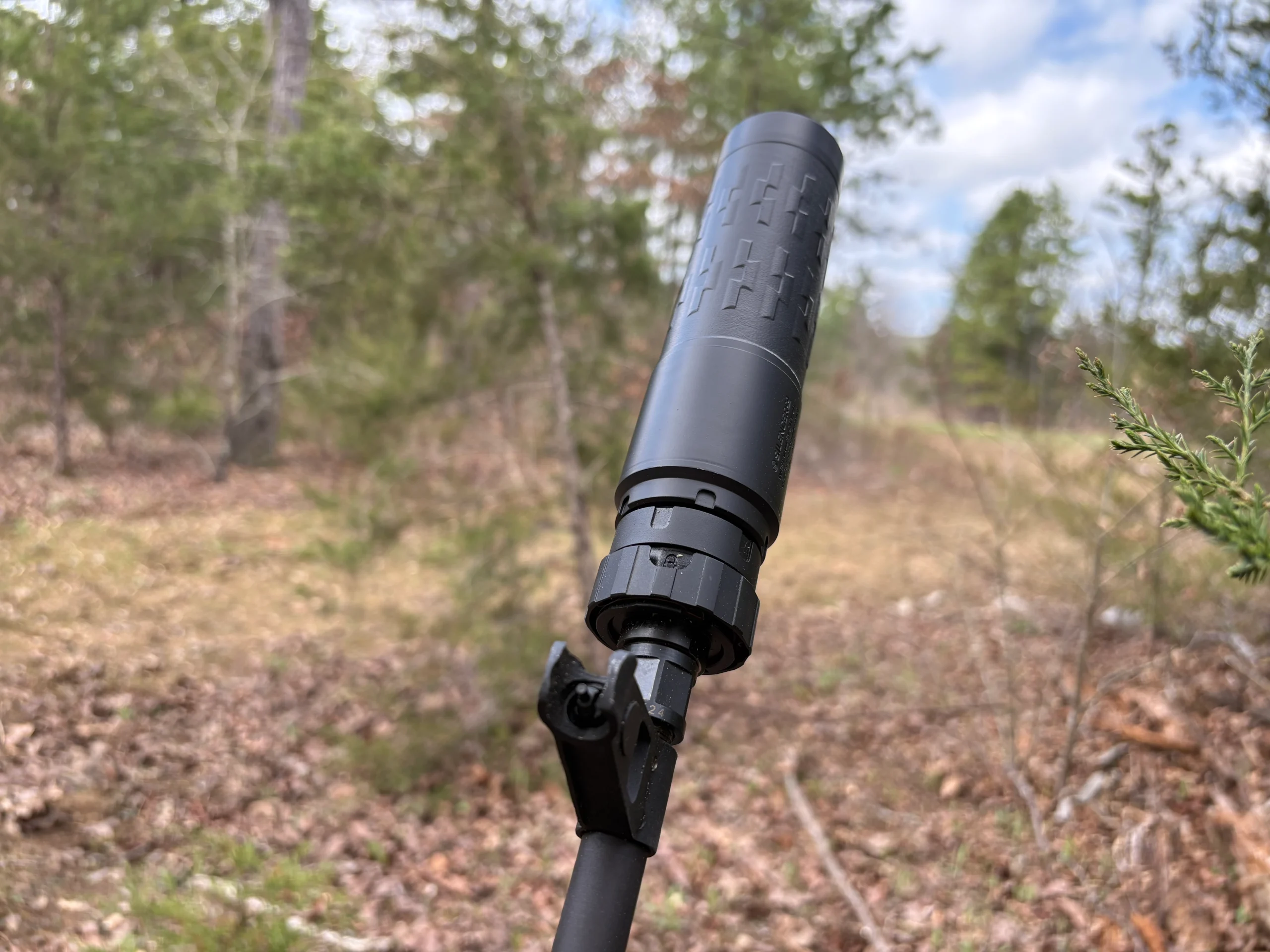
Regardless of how you file, you must also provide a copy of your Form 4 to your Chief Law Enforcement Officer (CLEO), usually your local police chief or sheriff. The CLEO does not need to approve or acknowledge the form—you are only required to supply them with a copy.
After the ATF approves your application, you will be notified that your suppressor is ready for pickup. Along with it, you’ll receive a copy of your tax stamp. It’s a good idea to keep the original in your gun safe and carry a copy with the suppressor, in case you run into an overzealous range safety officer or policeman. They do exist.
What Is the ATF Form 4?
ATF Form 4 is the federal application to transfer a suppressor to you as the buyer. It requires:
- Your personal information
- Your suppressor’s make, model, and serial number
- Two fingerprint cards
- Two passport-style photos
- Payment of the $200 tax, for which you will receive a stamp
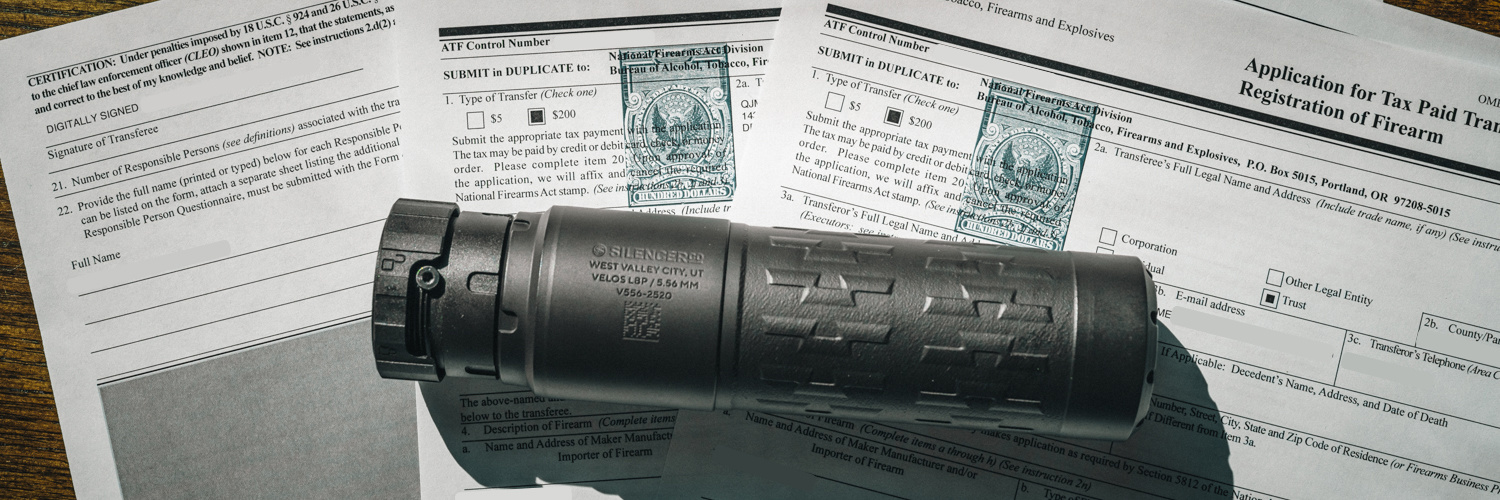
Suppressors in an NFA Trust
NFA Trusts are easy to set up and make passing your suppressor on to an heir much easier. Creating a trust lets multiple people legally possess the same suppressor and makes inheritance easier. The trust, not the individual, owns the suppressor. You can learn more about trusts here.
Local Suppressor Restrictions in Virginia
While suppressors are generally legal, several Virginia localities restrict them in public spaces such as parks, government buildings, and permitted events. These rules also apply to firearms equipped with threaded barrels that can accept suppressors.
Cities: Alexandria, Chesapeake, Falls Church, Fairfax, Newport News, Norfolk, Richmond, Virginia Beach
Counties: Arlington, Fairfax, Henrico, Loudoun, Prince William
Individual ordinances may be slightly different, so be aware of the local laws where you happen to live or travel. Violating local suppressor ordinances is a Class 1 Misdemeanor, punishable by up to 12 months in jail and fines up to $2,500.
On the positive side, some exemptions exist. Concealed handgun permit holders, law enforcement, military, and licensed security personnel may be exempt depending on the locality.
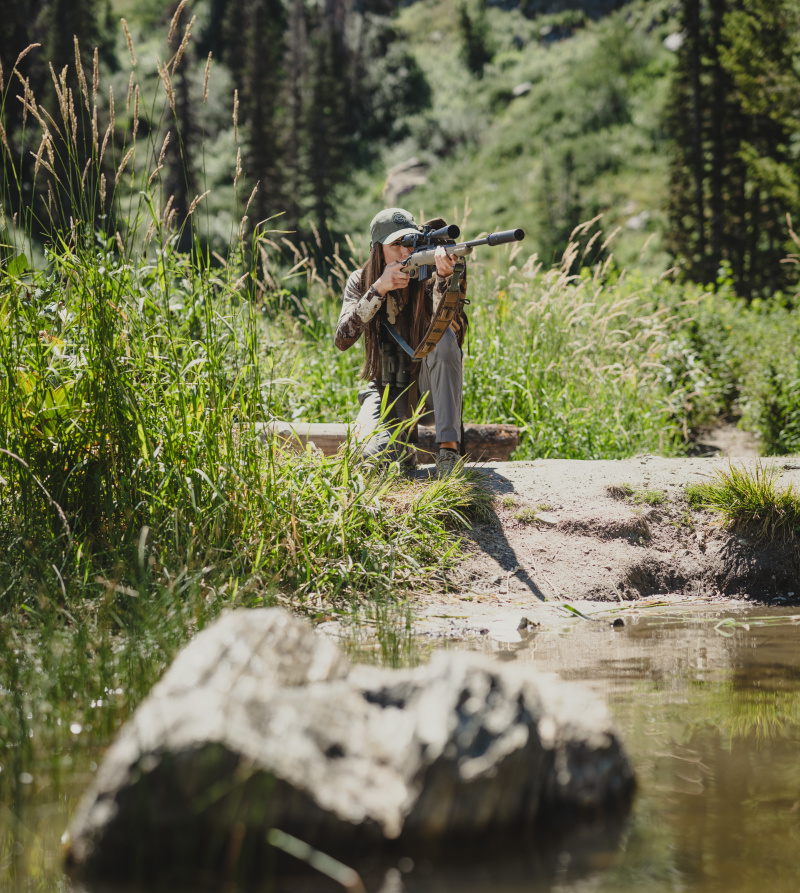
Can You Hunt with a Suppressor in Virginia?
Yes. Hunting with suppressors is legal statewide. Hunting is a great way to use a suppressor, and Virginia has a long hunting tradition. Suppressors reduce recoil, protect hearing, and minimize noise disturbance for wildlife and nearby landowners.
Changing NFA Requirement
The Hearing Protection Act (HPA)—or at least part of it—was recently passed by Congress and signed into law, removing the $200 tax stamp requirement. However, this change doesn’t take effect until January 1, 2026.
Until then, all suppressor purchases still require the tax stamp.

FAQs About Virginia Suppressor Laws
Suppressor regulations can get confusing, particularly when federal requirements intersect with Virginia’s own laws and local ordinances. To clear things up, here are answers to some of the most common questions about owning and using a suppressor in Virginia.
Do I need a special permit for a suppressor in Virginia?
No. Virginia does not require a state permit—only compliance with federal law (Form 4 + tax stamp).
Are suppressors legal for concealed carry in Virginia?
Yes. Suppressors may be carried concealed if you have a valid concealed handgun permit. Always check the local ordinances.
What happens if I carry a suppressor in a restricted city?
You could face Class 1 Misdemeanor charges, fines, and up to a year in jail.
Can visitors bring suppressors into Virginia?
Yes, but visitors must follow both federal law and Virginia’s local ordinances.
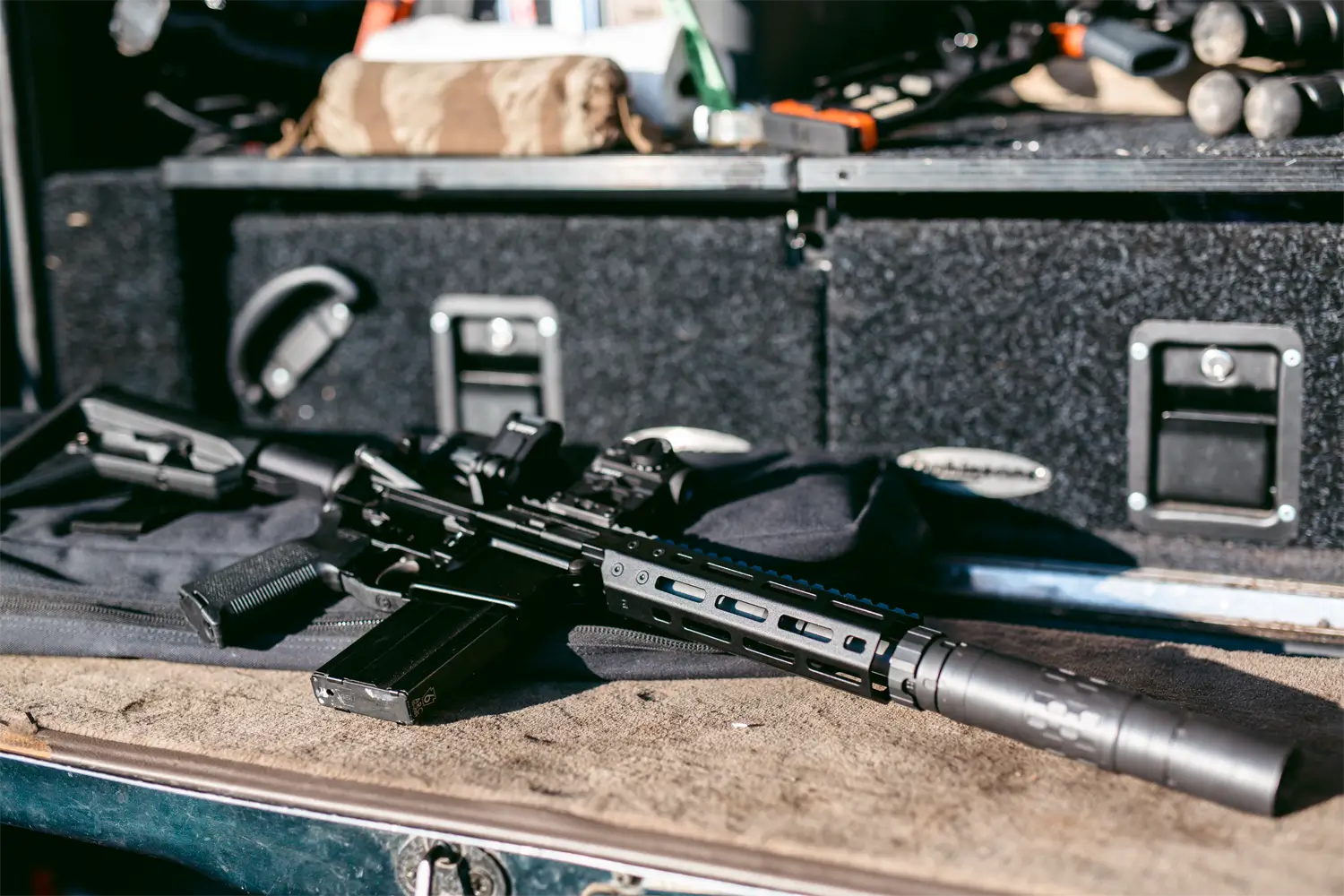
Going Suppressed in Virginia
Virginia is generally suppressor-friendly, but local restrictions in cities like Alexandria, Fairfax, and Virginia Beach can cause trouble for the unaware. If you meet federal eligibility requirements and follow the ATF Form 4 process, you can own and hunt with a suppressor in Virginia.
Just keep your tax stamp handy, know which counties restrict suppressors, and you’ll enjoy the benefits of quieter, safer shooting.


